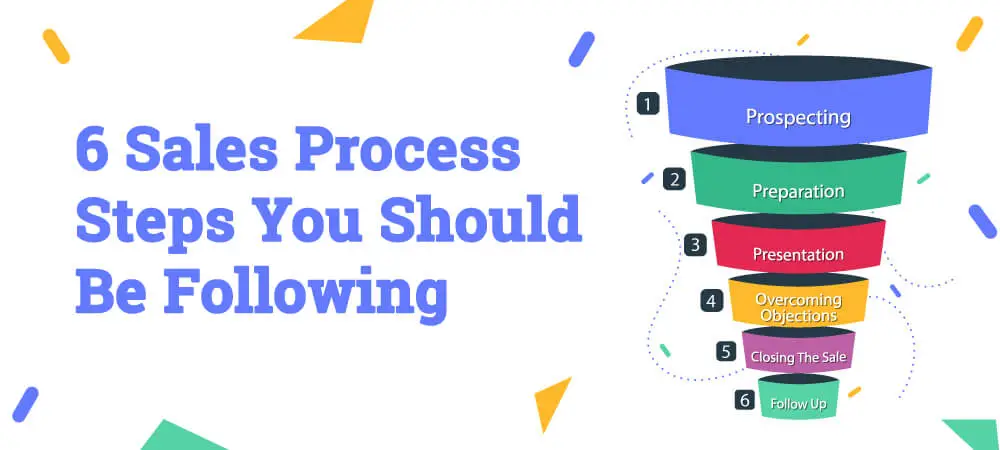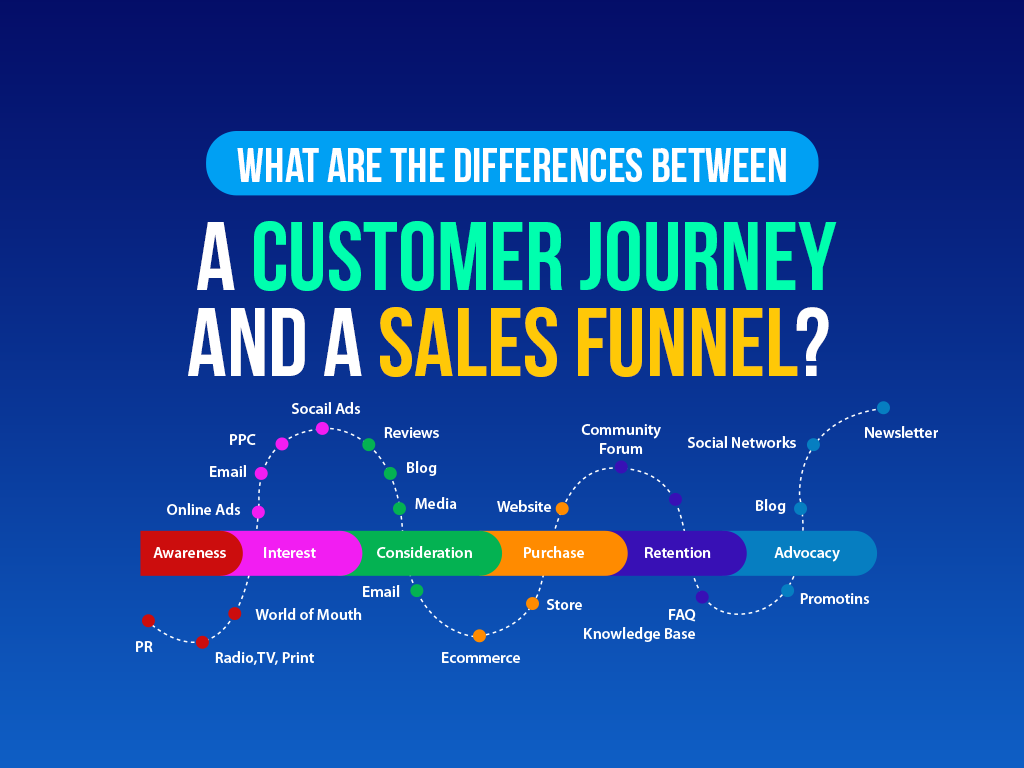Digital Automation and Impact on Scaling Sales Growth
Digital Automation and Impact on Scaling Sales Growth. Just as technology has touched nearly every area of modern business, selling can’t be an exception. Here we explore the world of digital automation and what it means for scaling sales as well as driving growth for businesses of all shapes and sizes. We talk about how this technology streamlines processes and enhances customer experience in the sales area. Explore with us the strategies and tools to drive your sales to the next level.
1. Digital Automation and Impact on Scaling Sales Growth
2. Lead generation: Targeted automation tactics
3. Customer engagement: Personalized automated communications
4. Scalable growth with the right automation tools
5. Data-driven insights for better sales strategies
6. Automation frees up time for the sales team to relate with people
Digital Automation
What is Digital Automation?
In the modern business world, one of the most crucial aspects of scaling sales is digital automation. Scaling Sales in the Era of Automation: A Guide for C-Suite. reveals that digital automation refers to the use of technology to automate and standardize sales operations in a way that increases efficiency in operation.
Kinds of Digital Automation Tools
Every successful sales strategy requires powerful tools to automate recurring tasks, handle customer information, and enhance business flows. Such tools include, but are not limited to, CRM, email marketing automation platforms, analytics tools for sales, customer service chatbots, and tools that manage social media.
Digital Marketing Automation
Helps automate email campaigns, social media posting, and placements of ads.
Sales CRM Systems
Assist the tracking of customer interaction with a lead and make sales projections.
Chatbots\tAutomates customer service and support through instant messaging.
Social Media Management Tools\tAutomates posting, scheduling, and analyzing social media content.
Workflow Automation\tAutomates internal processes like approvals, notifications, and data entry.
After putting in place these digital automation tools, businesses can look forward to increased efficiency, enhanced productivity, and even improved sales performance overall.
Implementing Digital Automation: Strategies for Success
Understanding Your Sales Process
Your sales process is the foundation on which digital automation will be built. First, assess your current sales methods, identifying inefficiencies and areas where automation could make an impact. Analyze the various stages of your sales funnel and see where automation can make things easier, improve customer interactions, and drive more revenue.
Integration and Optimization Techniques
Automation is also a critical aspect of integrating and optimizing all those sales and marketing tools in your business. Seamless integration of various software systems results in smooth data flow, effective communication between your teams, and a unified experience for the customer. Optimization techniques are improvement strategies on automation processes to facilitate the achievement of efficiency with fewer errors, which would help increase your sales performance.
Digital automation software helps standardize the workflows, eliminates repetitive tasks, and provides real-time analytics to measure the effectiveness of your sales strategies. You can save time and resources and scale your efforts with precision and agility as prospects require more and more focused strategy in a competitive market scenario today.
Measuring the Impact KPIs
Impact on sales growth would be measured through performance. Conversion rates, customer acquisition costs, and retention rates would determine the effectiveness of your efforts at automating. All these metrics will provide you precious insight into what’s effective in your digital strategies and how you may take further informed decisions that might lead to optimizing sales processes.
Long-term business growth and ROI
Long-term business growth and Return on Investment (ROI) becomes more crucial when the businesses want to scale up their sales through digital automation. At first, the result appears enticing, but long-run impact of automation will be a vital outcome for revenue and profit growth. Analyzing the way automation contributes to sustainable growth and positively impacts the ROI will justify investment by the businesses and further supports them to move forward with success in the competitive arena of the market.
Most importantly, business can use digital automation with long-term business growth and ROI in mind to scale their sales in an efficient manner and to bring about significant value and profitability. Constant checks on performance metrics and alignment of automation efforts with strategic objectives will keep organizations up to speed on the right track to scale sales efficiently while being ahead in this curve of digital age.
Overcoming Barriers to Automation
Addressing Common Concerns
It is common to face concerns on the reliability, complexity, and high cost of implementing digital automation tools during the journey of automating sales processes. However, with proper planning and execution, these challenges can be successfully navigated to reap the benefits of streamlined operations and increased productivity.
Smooth Adoption Best Practices
It requires clarity in embracing digital automation in the sales strategy, and this clarity begins by knowing your current processes as well as the specific goals you intend to achieve through automation. Begin by identifying repetitive tasks which are most likely candidates for saving time and resources by automating them. Involve your sales team proactively in the transition process to ensure smooth adoption and make the most of the efficiency of the tools that will be adopted.
Knowing how important user training and continued support are will be a principal in keeping momentum and maximizing any benefit drawn from automation. Continuous investment in education and resources for troubleshooting will equip your team with effective means of using automation, bringing their growth levels of sales operations to a whole new level.
Final Words
The Future of Digital Automation in Sales
So, when companies consider scaling their sales processes, the future of digital automation shines bright. With developments in AI and machine learning, companies can now streamline sales processes, use customized communications with the customer, and get tremendous insights into buyer behavior. Those businesses that embrace these technologies will be ahead of the game and able to adapt to the ever-changing landscape of sales.
Next Steps in Your Journey
Sustained growth will demand continuous commitment to innovation and improvement. Your strategy of scaling digital automation for sales must include regular assessment of strategies, performance metrics analysis, and adjustment to improve on strategy. This will eventually result in effective alignment of sales efforts with business goals, with the potential for long-term success.
Closing Thoughts: Instead of merely using new-age technology in the change in sales force automation, it involves the new methodologies for dealing with customers and driving revenues. With the usage of automation software and related data analytics, business can optimize their sales processes, deliver highly personalized experiences, and drive growth in increasingly competitive markets. Remember that success is not the destination; it is a change in the constant flow of evolution and adaptation toward a life that happens to be ahead of the curve.
Hope you enjoyed reading about Digital Automation and Impact on Scaling Sales Growth.
Read More
6-steps-to-build-sales-process
Sales-cycle-automation-best-practices
Digital-automation-in-sales-operations
Written by Rajdeep Chauhan





